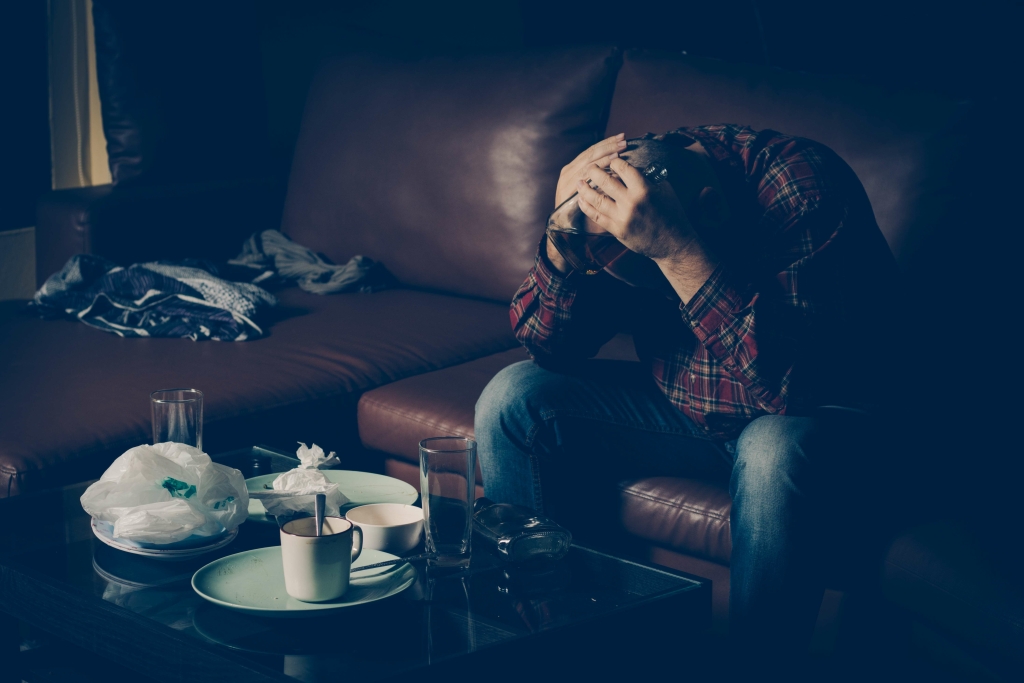Maybe you don’t think you depend on alcohol exactly, but you still wonder whether you might be drinking too much. Pursuing limited alcohol consumption, like any other major life pursuit, is not about external judgment or societal norms; it’s about aligning your actions with your emotional core. It goes without saying that it’s important to pay attention to drink equivalents. A typical shot equals one 5-ounce glass of wine, which equals one 12-ounce standard beer.
Prepare for potential alcohol detox
Perreault K, Bauman A, Johnson N, Britton A, Rangul V, Stamatakis E. Does physical activity moderate the association between alcohol drinking and all-cause, cancer and cardiovascular diseases mortality? Prepare yourself for those times when someone is going to offer you a drink. You might also hold onto a nonalcoholic drink instead, ask a friend to support you in difficult situations or simply exit early if temptation gets too strong, the NIAAA suggests. Instead of aiming for complete abstinence, for instance, aim to drink fewer than seven days a week.
Other Useful Techniques
Therapy can help you understand why you drink and learn new habits so you can live a healthy lifestyle that doesn’t rely on alcohol as a crutch. It can also help you gain a new perspective as you consider how your life will change without alcohol. Or maybe it’s a pregnancy that made you realize it’s time to stop drinking.
The Rational vs. Emotional Reason Behind Alcohol Consumption
- The issue with “should” is that it rarely addresses the emotional core of why we do what we do.
- Several studies indicate that these practices not only increase self-control over response to cravings, but can also reshape the neural pathways in the brain.
- If you are constantly surrounded by peer pressure to drink, start seeking out new friends or family members who don’t drink as much.
- If you realize you should quit completely, talk to your doctor or addiction counselor about getting help with quitting alcohol and staying sober.
Some people may be able to quit and never have a drop of alcohol for the rest of their lives. For them, even a glass of wine every now and again could trigger a return to drinking heavily. If you recognize yourself as that kind of drinker, it’s important to stay away from alcohol as much as possible. That said, If you’ve been drinking excessively, then stopping drinking cold turkey can lead to withdrawal symptoms. You may not need to completely reinvent your life to quit drinking, but making a few changes in your surroundings to help avoid alcohol triggers can make a big difference. Family and friends can provide encouragement and support when you stop drinking.
Instead of criticizing yourself for having a hard time or slipping up and having a drink, remember that no one’s perfect. What matters most is your ability to maintain an open, curious outlook as you learn what does and doesn’t work for you. Feeling at why can’t i control my drinking your best physically can boost resilience and emotional strength, equipping you to weather challenges that trigger the desire to drink.
Talk therapy is an important part of treatment for alcohol use disorder, but Dr. Streem says just about anyone who is making a life change, like quitting drinking, can benefit from therapy. Laying it all out in black and white can take time and some serious self-examination. Understanding your habits and your motivations to quit drinking can help you understand the change you’re making in your life and reinforce why it’s important. But if you’re living with alcohol use disorder, drinking is more than a habit.
However, managing mental well-being without relying on alcohol can present unique challenges. We will explore a variety of effective strategies tailored specifically for older adults. By addressing anxiety, depression, stress, detachment, loneliness, burnout, and overwhelm, we’ll provide insights into how being an older adult can contribute to these concerns. Let’s embark on a journey to foster mental well-being without the need for alcohol, using unconventional ideas to uplift and empower. In the quest for better mental health, it’s crucial to explore alternative paths that don’t rely on alcohol. Join me as we uncover the benefits and features of these empowering tools, guiding us on a journey toward improved mental well-being.
Many addiction therapists recommend one drink per hour as another way of limiting oneself. Since alcohol leaves the bloodstream at about .02 blood alcohol content (BAC) per hour, this will most likely keep your BAC at a reasonably safe level. In using this technique, it is recommended that you discuss your upper limit with a certified addiction professional or addiction psychologist. One technique to help you be honest with yourself is to take four coins (or as many coins as you are planning to have drinks that night) and place them in your back pocket. Each time you take a drink, move one of the coins into your other pocket. This way, when your coins run out, you can be sure not to exceed the previously determined limit that you imposed on yourself.

Acknowledging your fears gives you the best chance of making a change. Fear keeps you from regressing, goals drive you forward, and new habits to make it all stick. This fear gives you a healthy respect for the process and ensures that you take it seriously. It doesn’t matter what you’re specifically afraid of, but you must acknowledge that you ARE afraid. If you grew up in a society where this is the norm, then it’s already an expectation that you’ll drink in response to nearly every situation imaginable.

Avoid loneliness.
If you’re living with alcohol use disorder, quitting drinking is important for your health. But quitting on your own can pose risks to your health and is unlikely to be successful. Rehabilitation facilities can help you on your path to sobriety by addressing alcohol withdrawal symptoms and becoming involved in sober living support groups, like AA.
